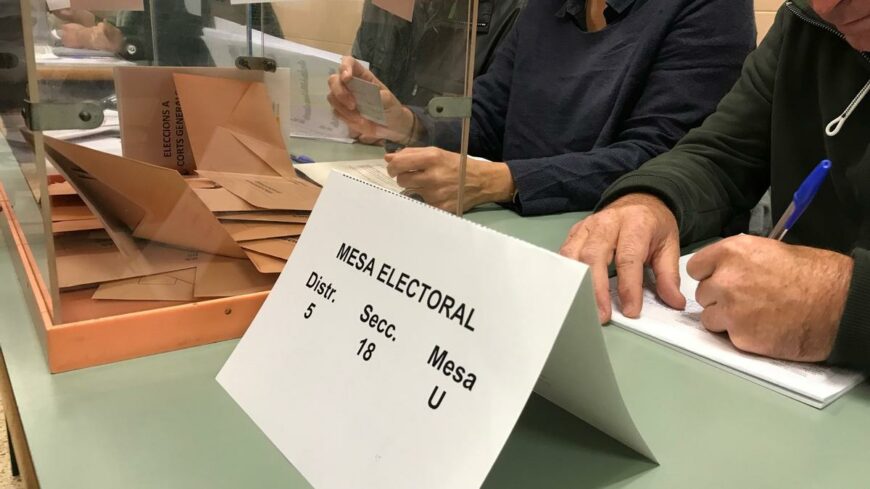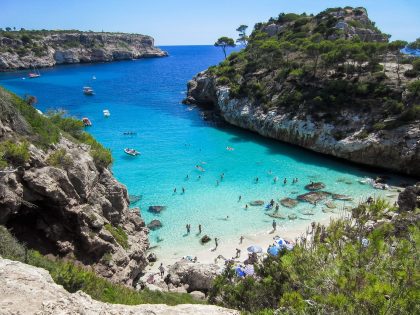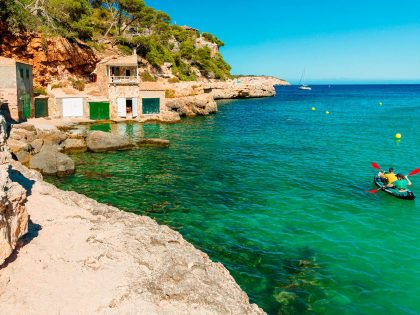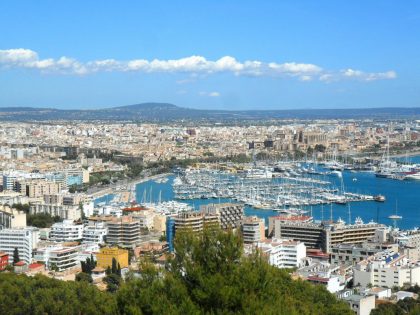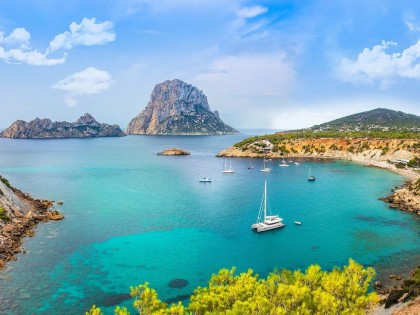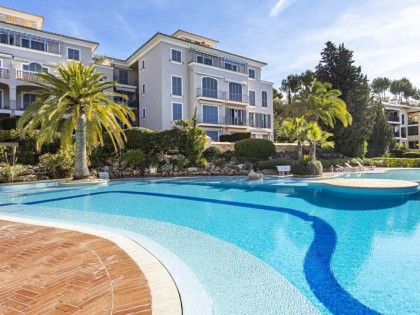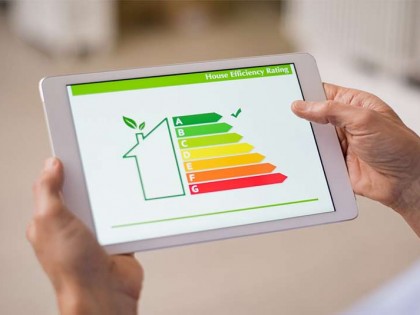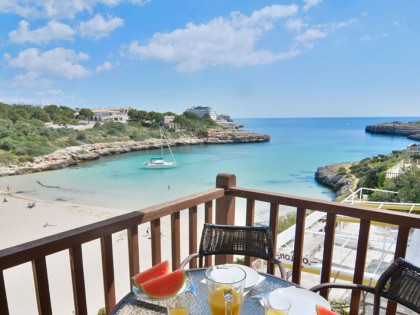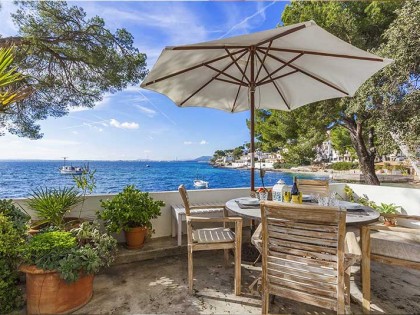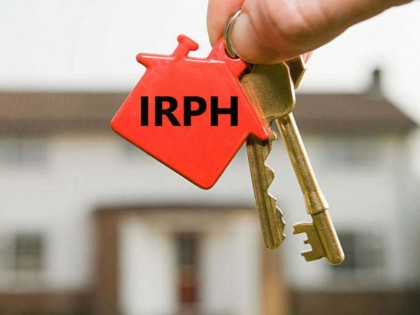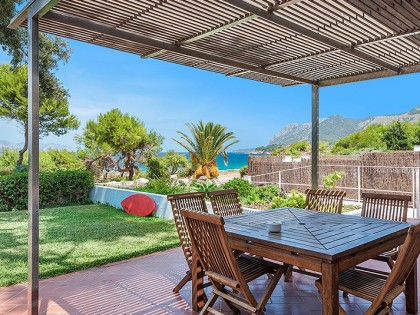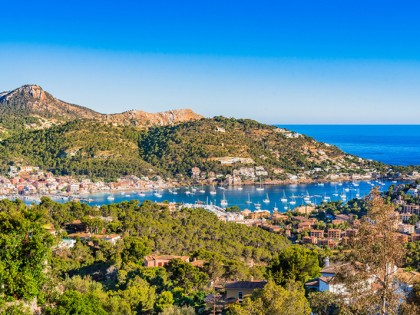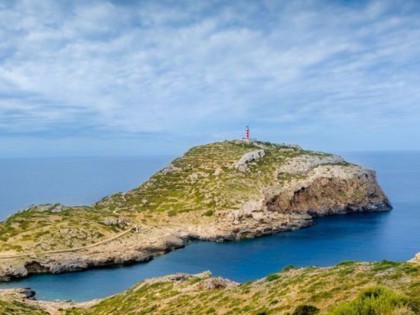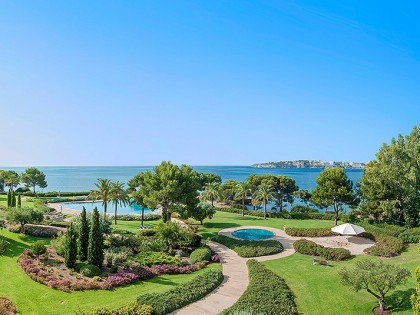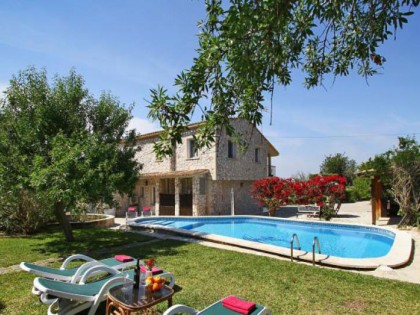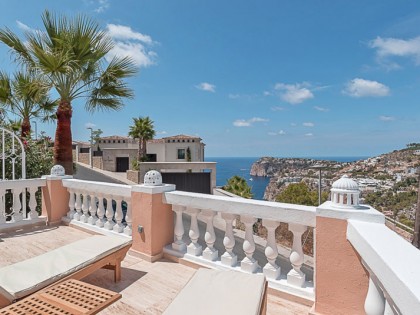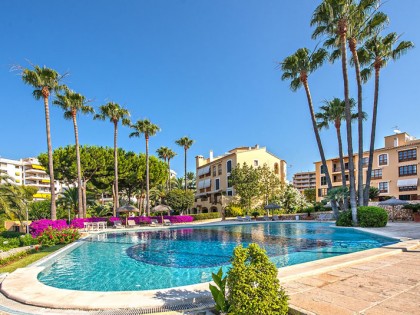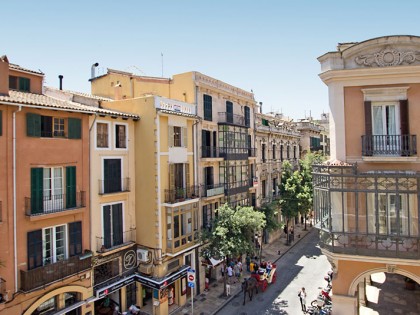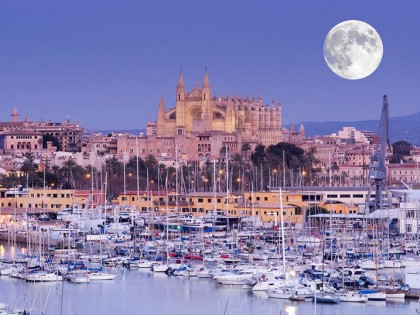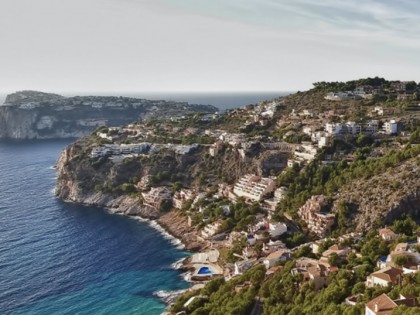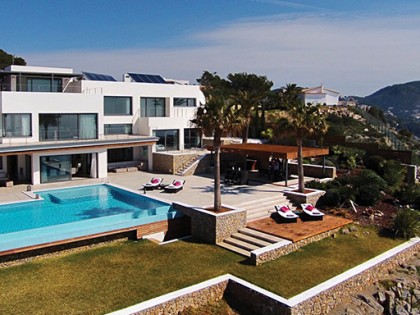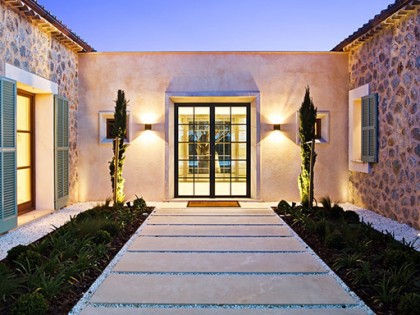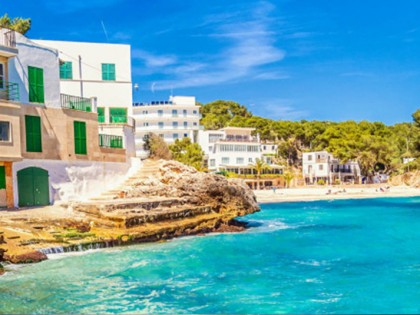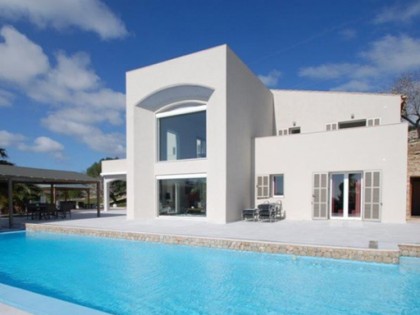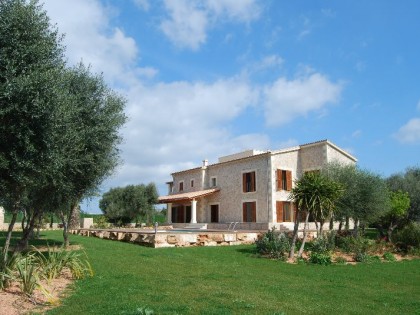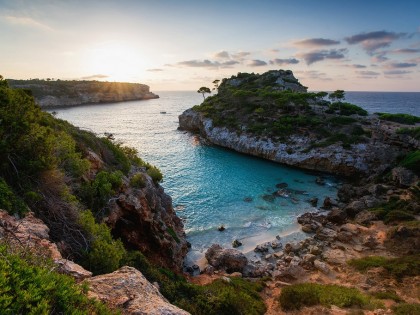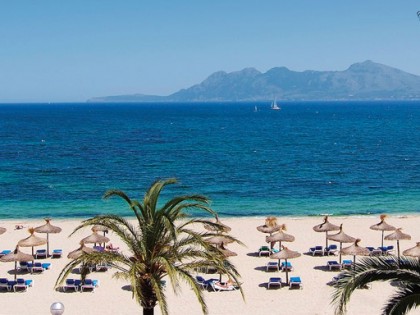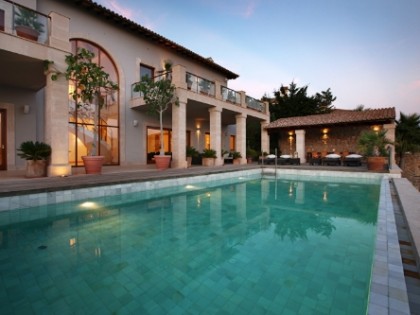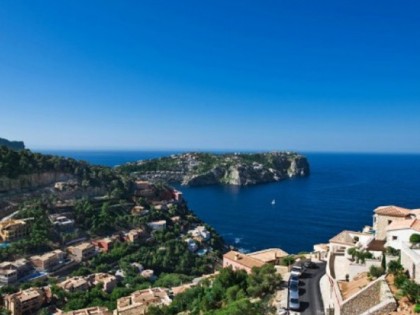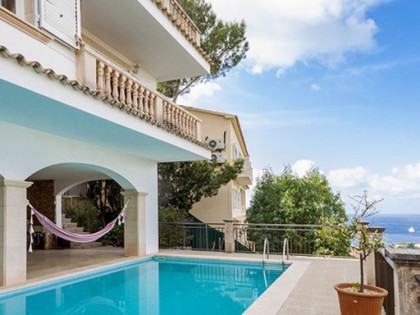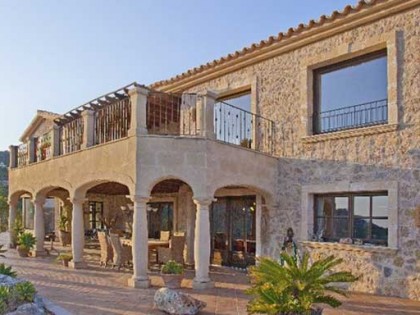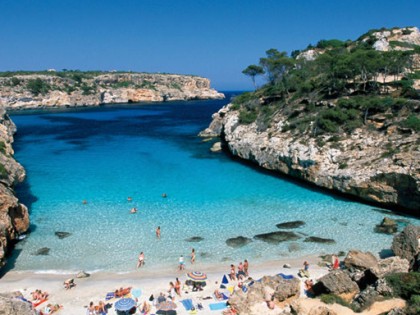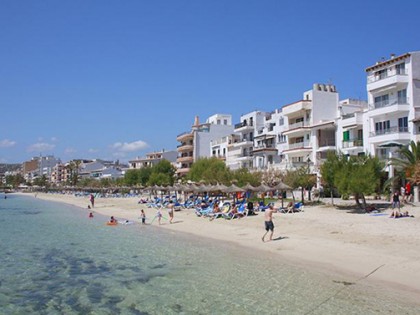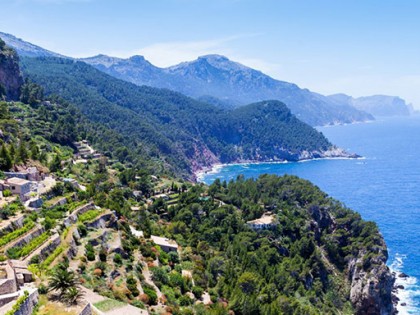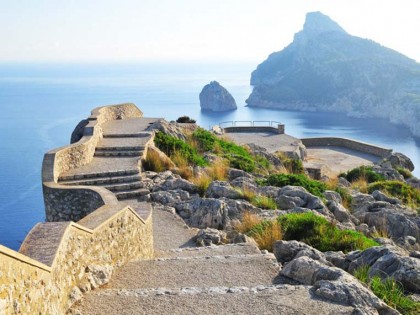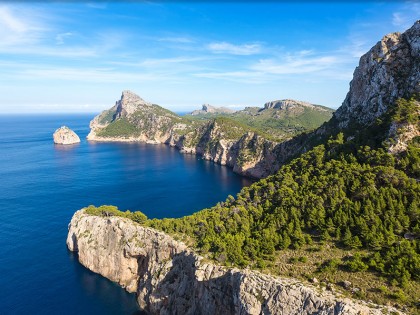Regional elections in Spain: Who is on the best position to win? On Sunday, May 28, 2023, regional elections will be held in Aragon, Asturias, Canary Islands, Cantabria, Castilla-La Mancha, Valencian Community, Extremadura, Balearic Islands, La Rioja, Madrid, Murcia, Navarra, and in the Autonomous Cities of Ceuta and Melilla. Municipal elections will also be held throughout Spain.
Spanish citizens who are registered as residents in the consular district and are registered to vote in one of the aforementioned Autonomous Communities and Cities can participate in the regional elections.These individuals cannot participate in the municipal elections.
If the elections in the Balearic Islands were held today, the PP would be the most voted party, but would not be able to form a government in the archipelago either alone or with the support of Vox, as they would need two more MP’s seats to reach the 30 deputies that represent the absolute majority in the Balearic Parliament, according to the average of polls elaborated by DatosRTVE.
However, the margin is very tight, since one deputy is what separates the block that gave the regional government to PSOE, Unidas Podemos and Més per Mallorca to re-edit the agreement.
At this point, everything could depend in practice on which side the regionalists of El Pi decided to support, which could decisively tilt the political balance of the future Balearic Government.
With 22 of the 59 seats at stake in the Balearic Islands, the PP would win the regional elections on the next May 28th, but would need to add eight additional MP’s seats that, according to the average of polls elaborated by DatosRTVE, Vox (6) could not grant them to form a government.
With a difference of almost six points compared to the PSOE, the PP leads the polls for the May 28th elections in the Balearic Islands. The Popular Party would receive 30.5% of the votes compared to the 24.2% that would go to the Socialists, according to the average of DatosRTVE surveys.
Vox (13%) exceeds by three points the intention to vote accumulated by Mes per Mallorca, which grows to 9.8%, while Unidas Podemos is content with 8.2%, according to the polls, and El Pi would have 6.1%. The electoral barrier of 5% percentage necessary to access the Parliament of the archipelago complicates the electoral scenario of Ciudadanos, Mes per Menorca and Gent per Formentera (GxF). Nevertheless, the two regional parties could benefit from the allocation of seats by island constituencies to obtain parliamentary representation.
On Sunday, regional elections will be held in the Balearic Islands to elect the 59 deputies who make up the Balearic Islands Parliament. After the elections, the XI Legislature will begin in the regional government.
These 59 representatives are elected proportionally in four constituencies, which correspond to their main islands: 33 deputies for the island of Mallorca, 13 for Menorca, 12 for Ibiza, and one for Formentera. The electoral barrier is 5% of valid votes in each constituency, so lists that do not exceed that percentage of votes in each island cannot opt for the distribution of seats according to the D’Hondt system.
Regional elections in Spain: Who is on the best position to win?

